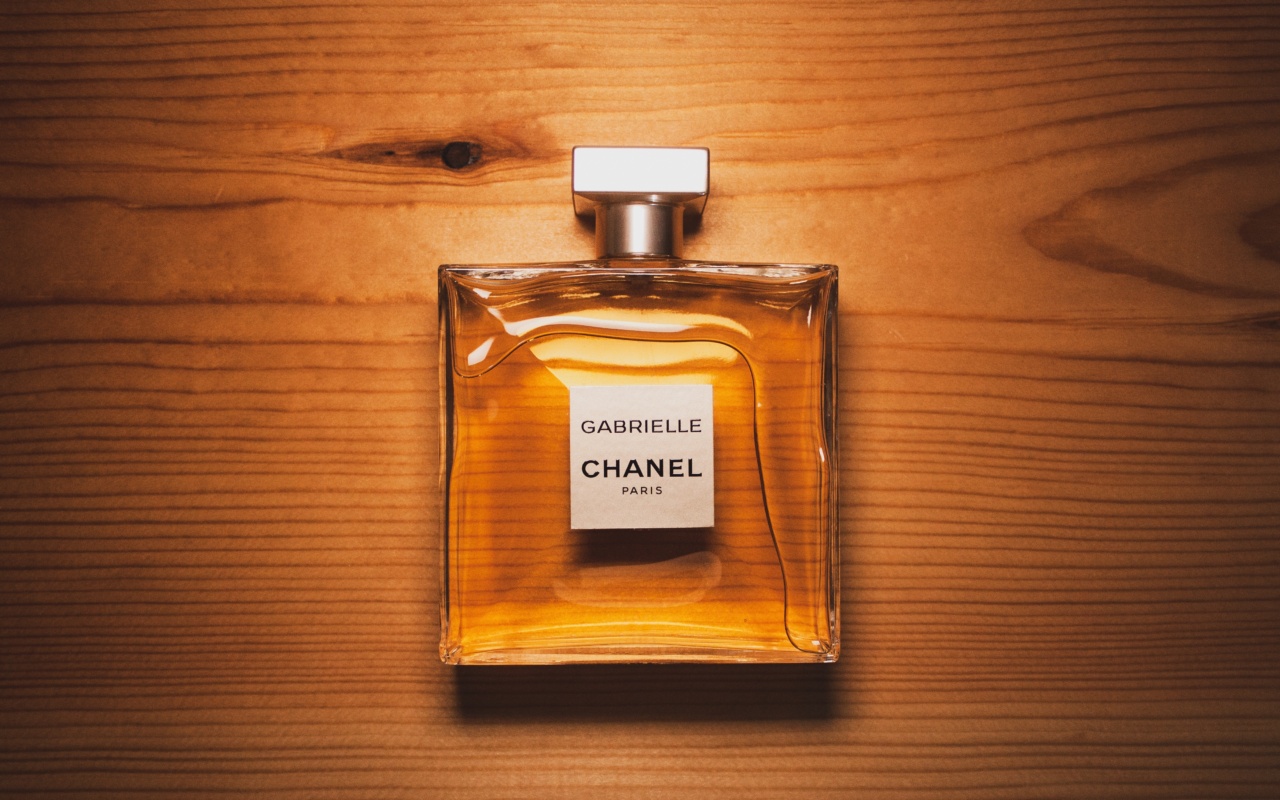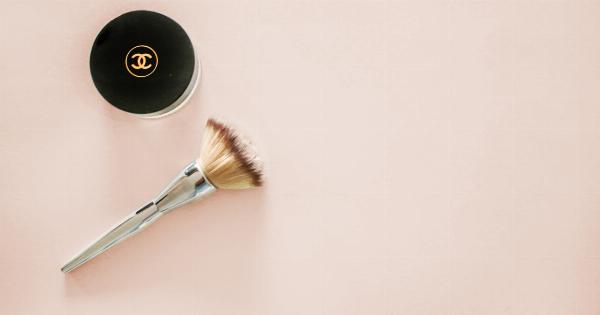Chanel No.5 and Miss Dior are two of the most iconic fragrances in the world, loved by millions of people for decades.
However, a new regulatory committee is putting these two fragrances on the chopping block, claiming that they pose health risks to consumers. This decision has sparked outrage among fragrance lovers and the fashion industry as a whole.
The Controversy
The new regulatory committee, under pressure from environmental groups and health experts, argues that Chanel No.5 and Miss Dior contain chemicals that are harmful to humans and the environment.
These chemicals include phthalates, which are often used as solvents and plasticizers in fragrances.
Phthalates have been linked to various health problems such as hormonal disruptions, allergies, and even reproductive and developmental issues. In addition, they are known to persist in the environment, causing harm to wildlife and ecosystems.
The Fashion Industry’s Reaction
The fashion industry has been quick to defend Chanel No.5 and Miss Dior, arguing that they are both safe for consumers to use. In fact, Chanel No.5 has been on the market for over a century without any major health incidents.
Luxury fashion houses like Chanel and Dior are known for using high-quality ingredients in their fragrances, and the two fragrances in question are no exception.
Chanel No.5, in particular, is made with a complex blend of floral and woody notes, including jasmine, neroli, ylang-ylang, and sandalwood.
The fashion industry has also pointed out that phthalates are widely used in a range of products, including cosmetics, plastics, and even medical devices.
Banning phthalates in fragrances alone would not solve the larger problem of their use in other industries.
The Consumer’s Perspective
Consumers are also divided on the issue. While some are concerned about the health risks posed by phthalates in fragrances, others argue that banning popular fragrances like Chanel No.5 and Miss Dior would be a step too far.
Fragrances are deeply personal to many people, and banning certain scents could be seen as an infringement on their freedom of choice.
In addition, many consumers argue that they have used Chanel No.5 and Miss Dior for years without any adverse health effects, and that banning them would be an overreaction.
The Future of Fragrances
So, what does the future hold for fragrances? While the regulatory committee has not yet made a final decision on Chanel No.5 and Miss Dior, the controversy surrounding these two fragrances has sparked a larger conversation about the use of chemicals in fragrances.
In response to consumer concerns, many fragrance companies have started to develop “clean” fragrances that are free of phthalates and other potentially harmful chemicals.
These fragrances often incorporate natural ingredients like essential oils and botanical extracts, and are marketed as being better for consumers and the environment.
However, the issue of fragrance regulation is still a contentious one, with many arguing that the use of chemicals in fragrances is necessary to achieve certain scents and performance characteristics.
Ultimately, the regulatory committee will have to balance the concerns of consumers, health experts, and the fashion industry when making its decision on Chanel No.5 and Miss Dior.
Conclusion
Chanel No.5 and Miss Dior are two fragrances that have stood the test of time, beloved by millions of people around the world.
However, a new regulatory committee is raising concerns about the use of chemicals like phthalates in these fragrances, claiming that they pose health risks to consumers and the environment.
The fashion industry has been quick to defend these fragrances, arguing that they are safe and that phthalates are widely used in a range of products.
Consumers, too, are divided on the issue, with some concerned about health risks and others arguing that banning these fragrances would be an overreaction.
As the fragrance industry continues to evolve, it will be up to regulators to balance the concerns of all parties involved.
The future of fragrances is uncertain, but one thing is certain: fragrances will always be a deeply personal and emotional choice for consumers.






























